In cooperation with Wikipedia & Education User Group, Wikimedia Serbia organized the largest international Wiki education conference in Belgrade. From May 26th to 28th, in Hotel M, over 100 representatives of Wikimedia communities working on educational projects gathered with the aim of exchanging knowledge and experience, as well as enhancing cooperation.
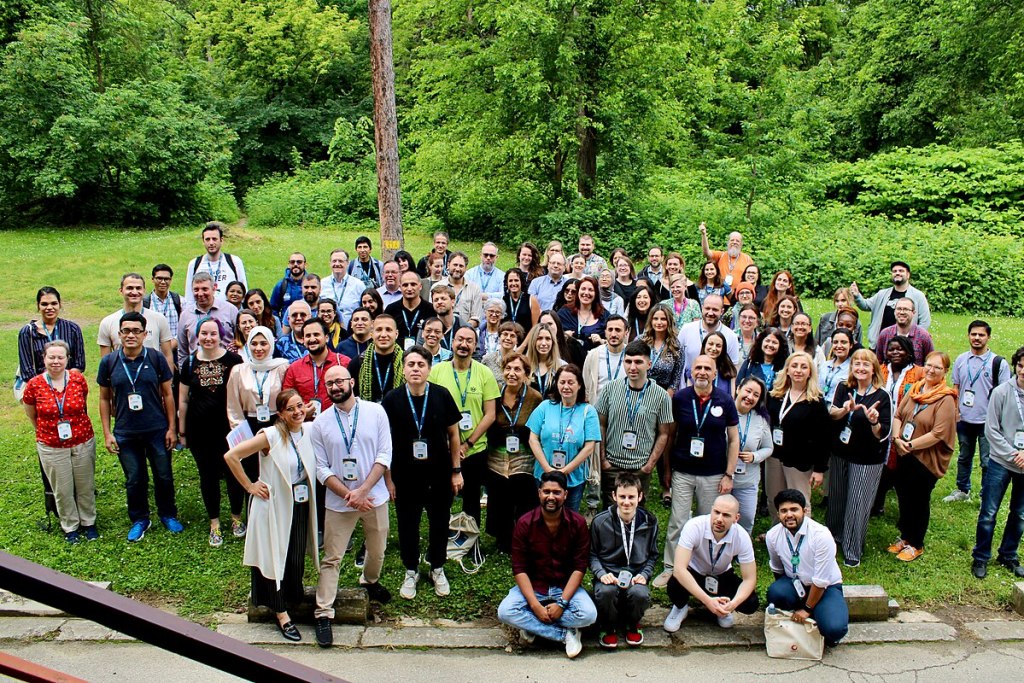
Speakers at the opening ceremony were Nebojša Vasiljević, director of Petlja Foundation. Shani Evenstein Sigalov, vice chair of the Wikimedia Foundation Board of Trustees, LiAnna Davis, president of the Wikipedia & Education User Group, and Ivana Madžarević, executive director of Wikimedia Serbia. When it comes to the program of the conference, it was divided into three parts and included lectures, but also discussions, round tables, and workshops. The first part was focused on sharing and acquiring knowledge regarding successful models of cooperation that other Wikimedia affiliations and user groups have implemented and ways of applying those models in other countries. The second part was dedicated to the future of the Education Program, especially considering the development of artificial intelligence, while the third was aimed at connecting people with the same mission.
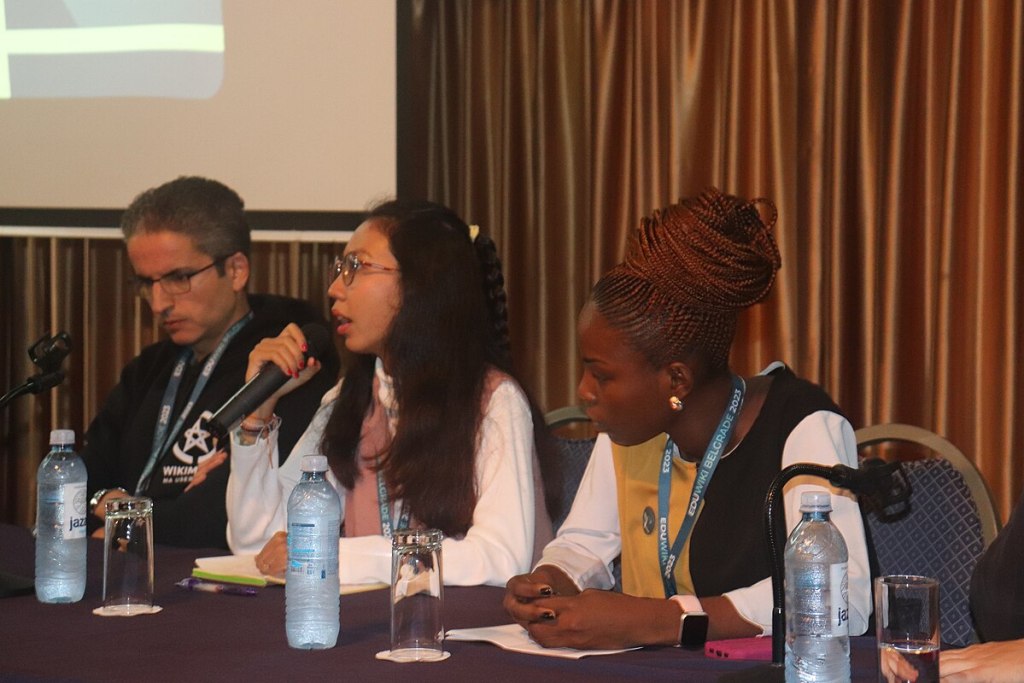
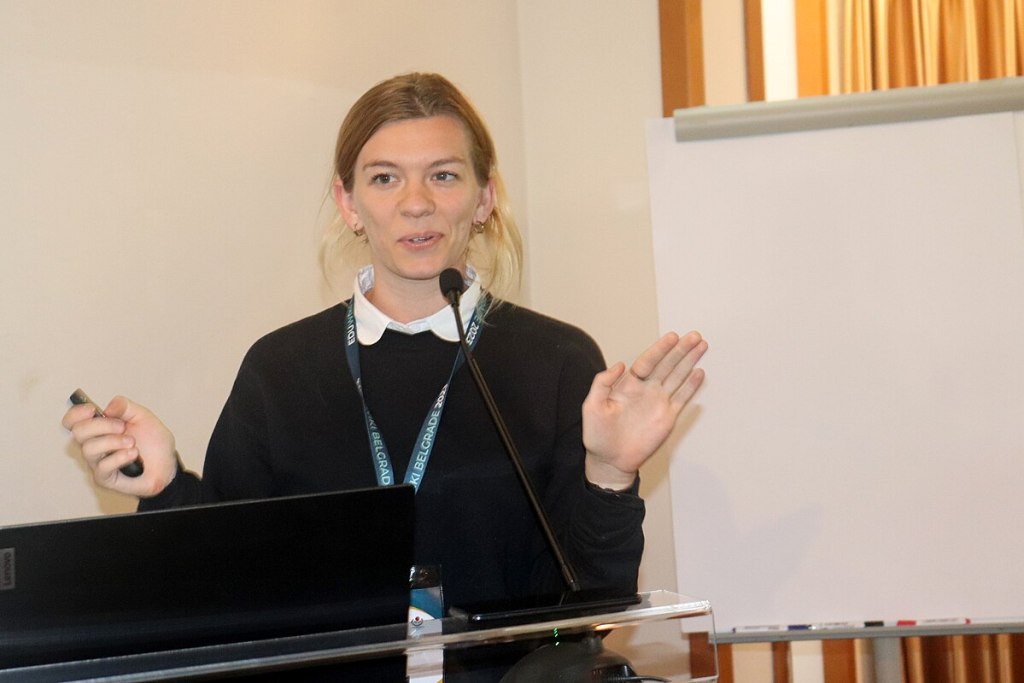
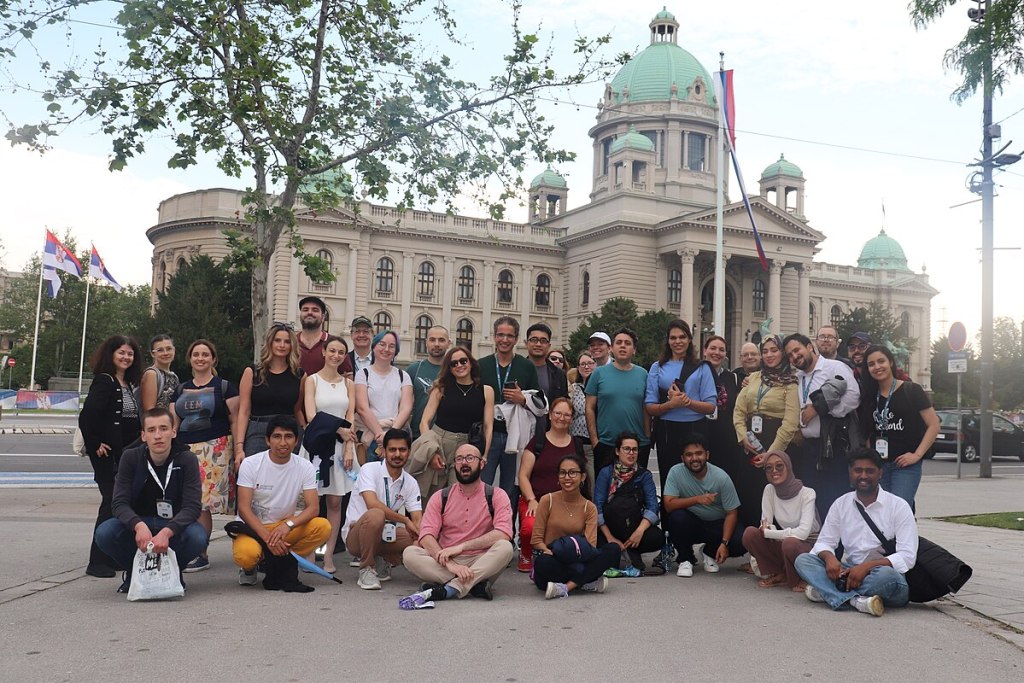
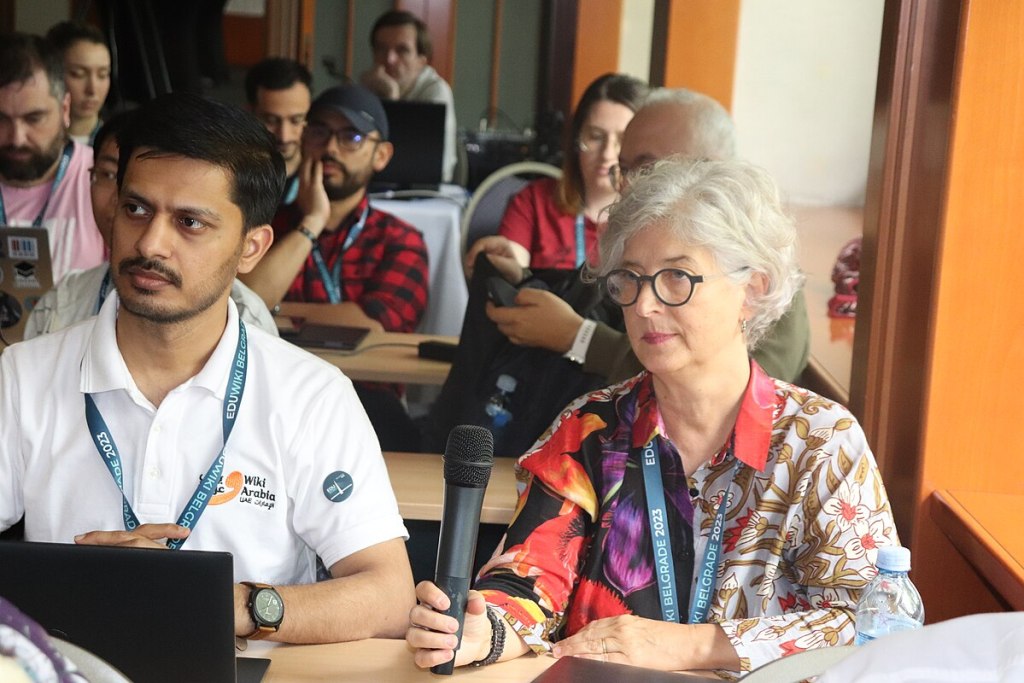
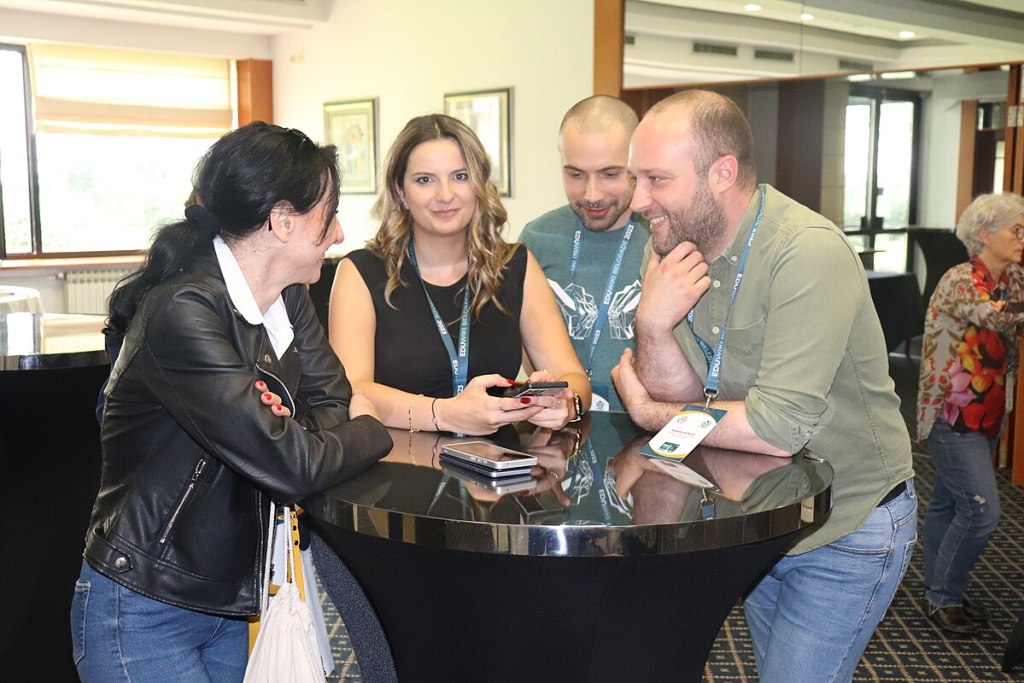
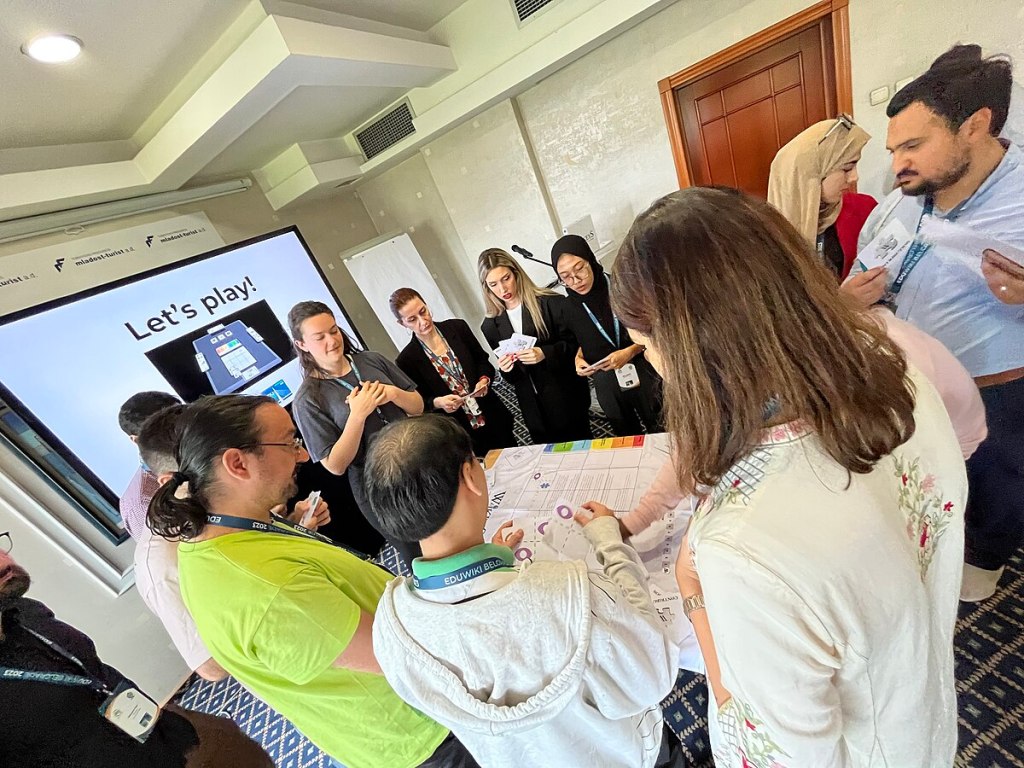
The first educational project that included Wikipedia was launched in Serbia, and it was focused on writing term papers on this free encyclopedia. Such a model is still applied today, and in joint cooperation with schools and faculties, we actively work on developing editing skills, but also critical thinking among youths. The project achieved great results, so it was implemented all over the world.
The Edu Wiki conference was a platform that gathered all of those who have been developing this program for years, in terms of the implementation of Wikimedia projects in education. In addition to presenting actual projects, such as enriching Wikipedia articles with pedagogical videos, online courses, camps, introducing Wikipedia into school curricula, etc., the lecturers discussed the impact of the development of artificial intelligence on projects and how to properly invest resources so that projects remain relevant. Moreover, the audience was able to hear about research results that had shown how Wikimedia projects affect information literacy, which in the long term leads to an increase in people’s capacity to become engaged, skilled, and informed citizens. Many sessions presented sustainable and notable partnerships with educational institutions, which enable a more significant impact on both society and individuals. All of the above-mentioned, and many other topics are in line with the strategic goals of the movement, which were also presented.
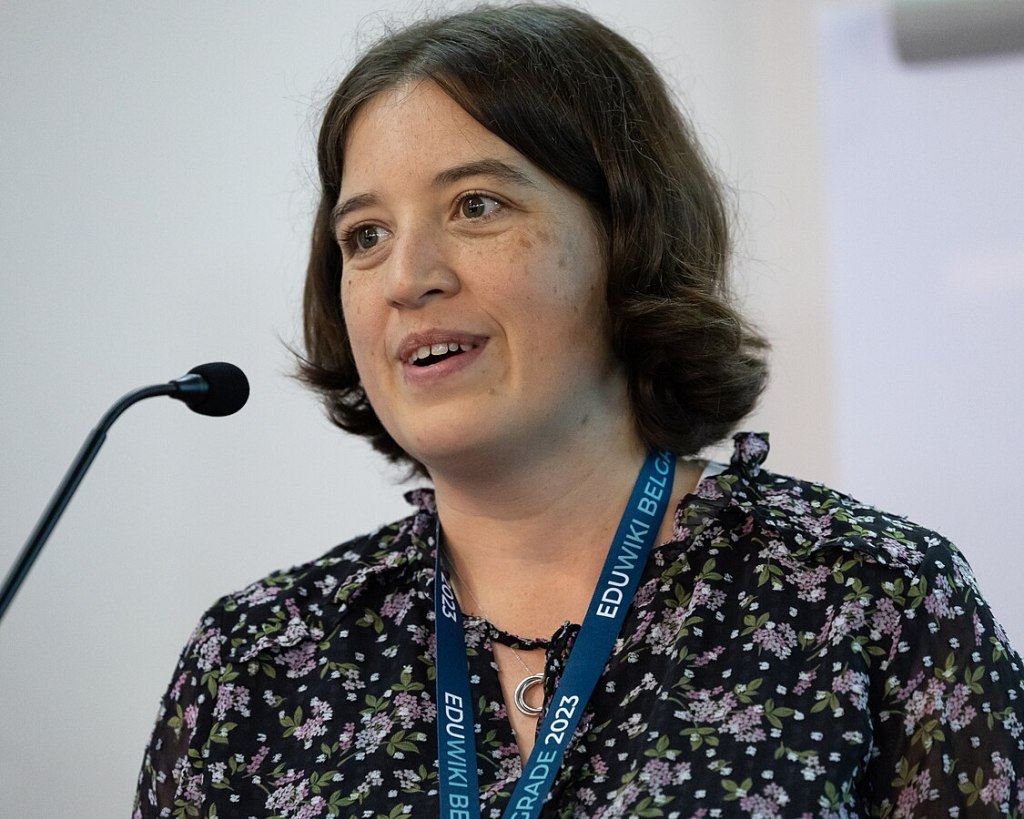
“It was wonderful to gather so many leaders in education in one place, especially considering how challenging it was to remain a cohesive education community during the pandemic. It’s a great pleasure to see program leaders learning from each other, planning collaborations, and creating lasting connections that will help us grow the educational side of the Wikimedia movement together. I strongly believe that Wikimedia and education are the answers to many of the envisioned goals of the movement’s strategy, and this conference allowed us to come together as a community to work together to realize our vision.”
LiAnna Davis, President of the Wikipedia & Education User Group
“My main goal at the EduWiki conference was to present the Wikivibrance project to the attendees. But for me, the most enjoyable thing about this event was finally meeting in person people who have been meeting online for years, i On Thursday night I was sitting in the hotel lobby and it was like a party with everyone joining the event and greeting each other. When we parted, everyone hugged each other to say goodbye, even if that’s not a custom in their cultures. That relaxed atmosphere is what the Wikimedia movement should cultivate. Now, let’s make all those conversations fruitful with new programs that connect remote communities.”
Francesc Fort, member of the organizational team of the Wikivibrance project
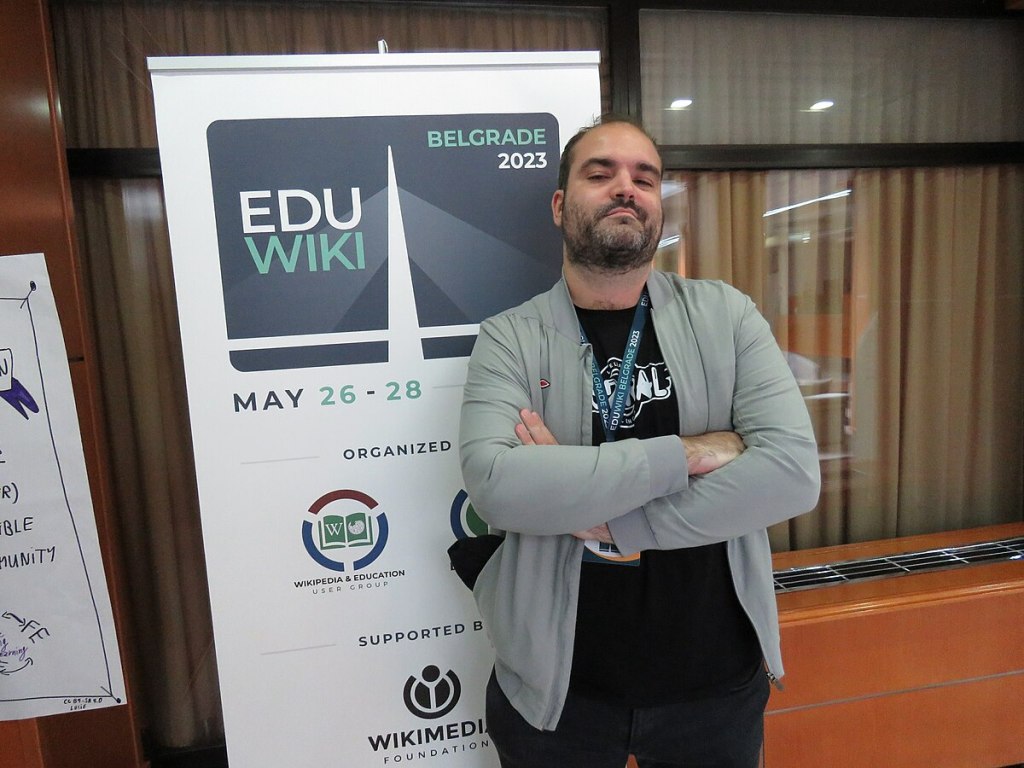
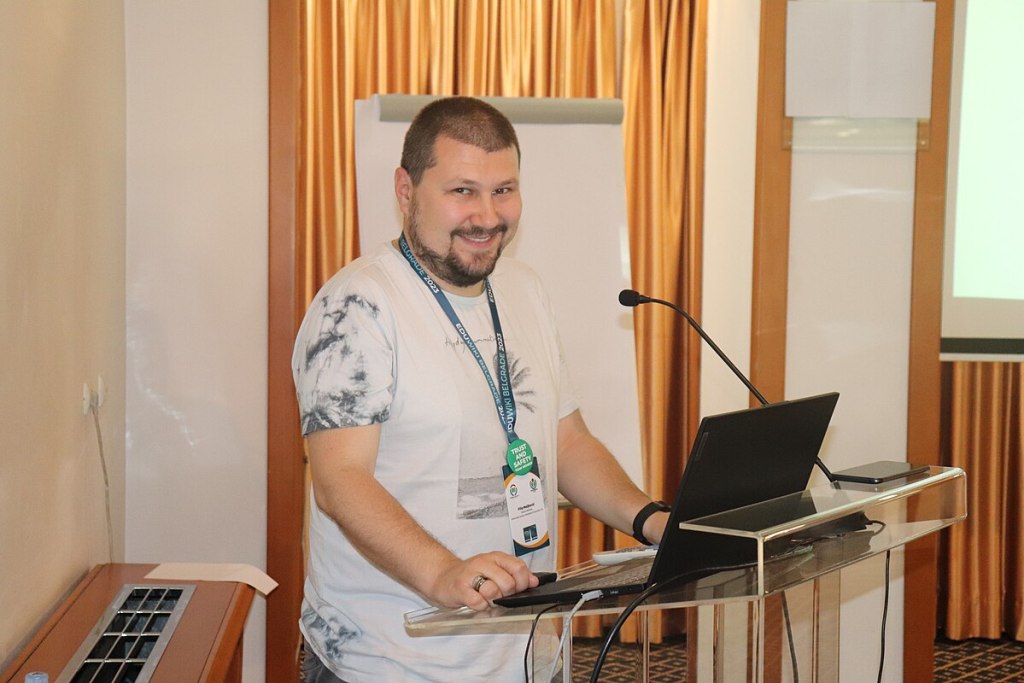
“This conference was conceived by Wikipedia & Education User Group back in 2019, and the plans to hold it in Belgrade date back to that time. Coronavirus prevented us from organizing the conference three years ago, but this year we succeeded in this mission, and I think everyone agrees that the conference itself was successfully organized. Through a multitude of topics, formal and informal gatherings, for three days we focused on providing the opportunity for hundred participants, from all over the world, to discuss how Wikimedia projects should look like in the educational environment, and most of the participants left Belgrade with a lot of ideas, new acquaintances and inspiration for new projects.”
Filip Maljković, member of the Wikipedia & Education User Group and Board member of Wikimedia Serbia
“The conference was a great opportunity for me to present my experience from Morocco regarding the Reading Wikipedia in Classroom project and to participate in the discussion about the future of educational projects. We worked together on strengthening our network and developing projects, and that was a source of energy and motivation to continue and work better, for a better world. I would like to thank the Wikimedia Serbia team for everything, for the professional organization and friendship.”
Brahim Faraji, coordinator of Educational Program, Wikimedia Morocco User Group
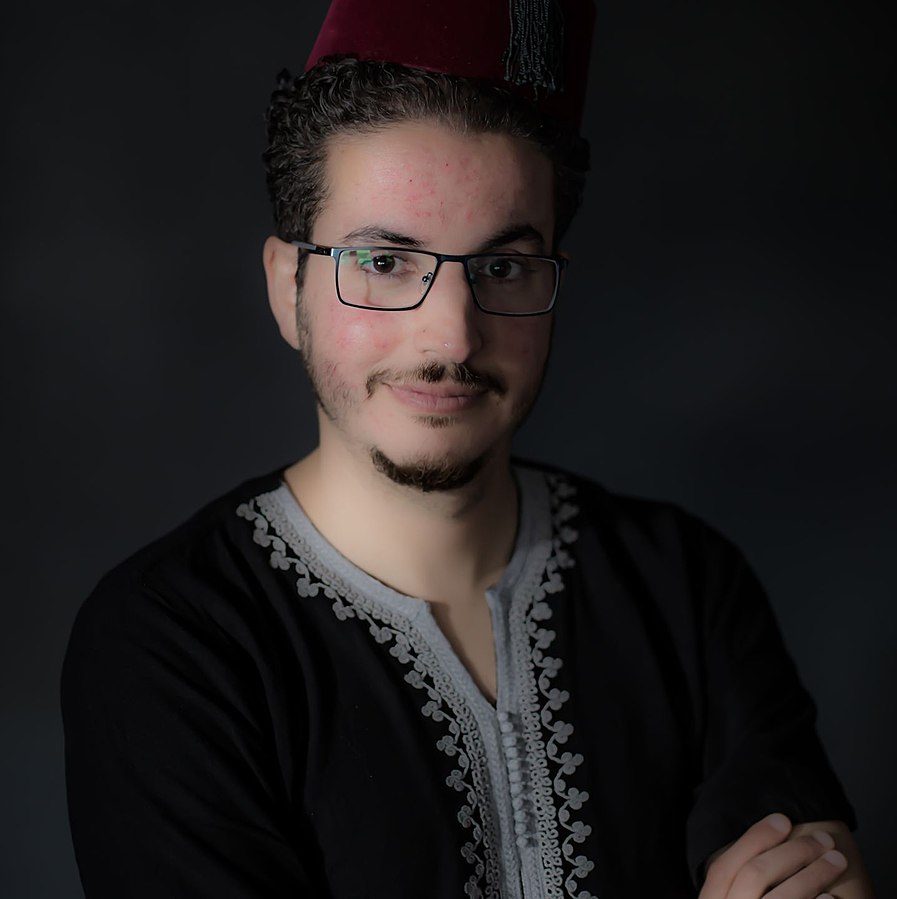
All of the sessions are available on the YouTube channel and Wikimedia Commons. For those interested in participating in Educational Program, there is a Newsletter in which activities of different Wikimedia affiliations are showcased.
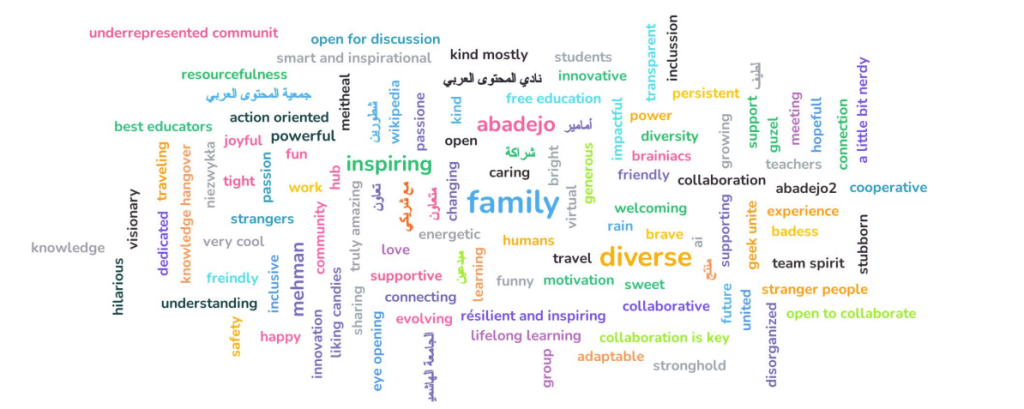
The organizers would like to thank all the participants who contributed to the discussions, presented ideas, and respected the Friendly Space Policy, as well as the sponsors without whom the event would not have been possible (Wikimedia Foundation Wikimedia Switzerland, Wikipedia & Education User Group, Wiki Education Foundation, Wiki Movimento Brasil , Wikimedia of Nigeria User Group, Wikimedia Armenia and the children’s encyclopedia Klexikon).
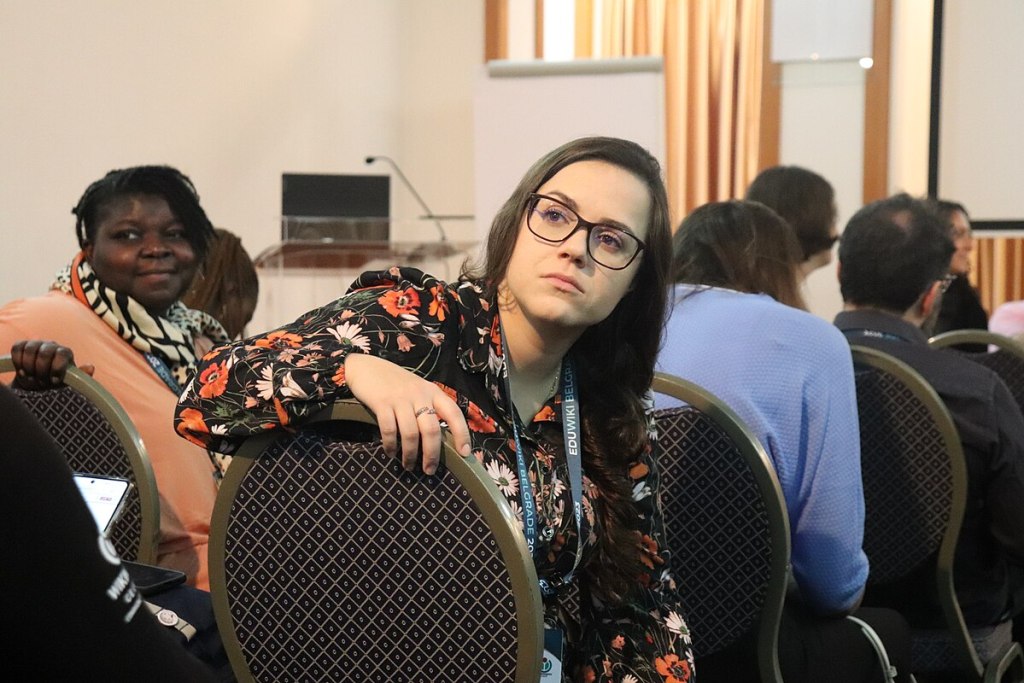
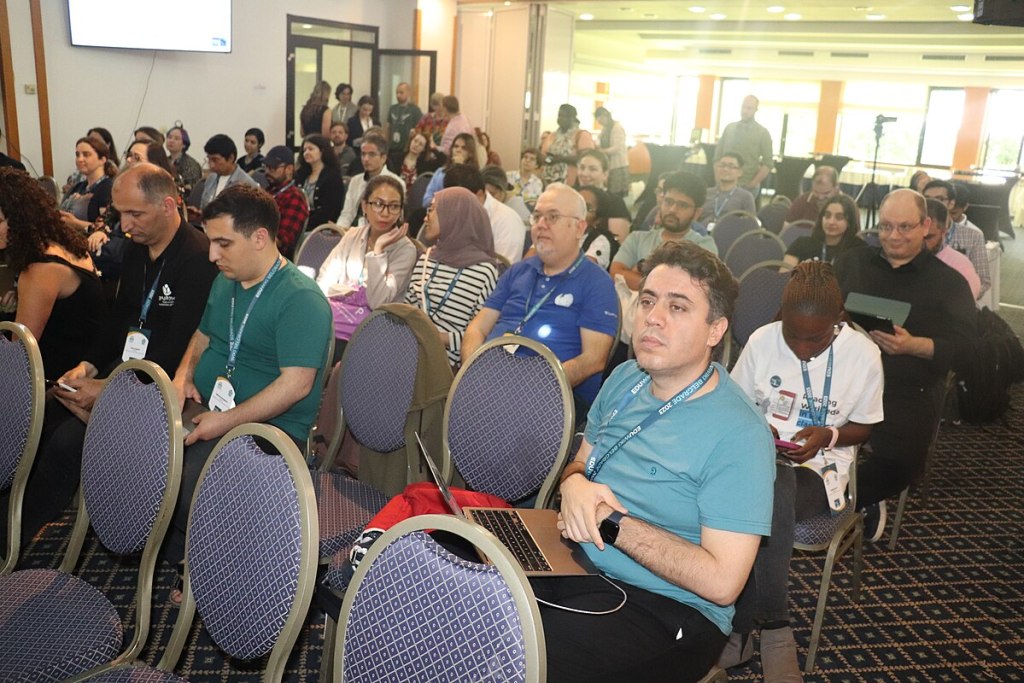
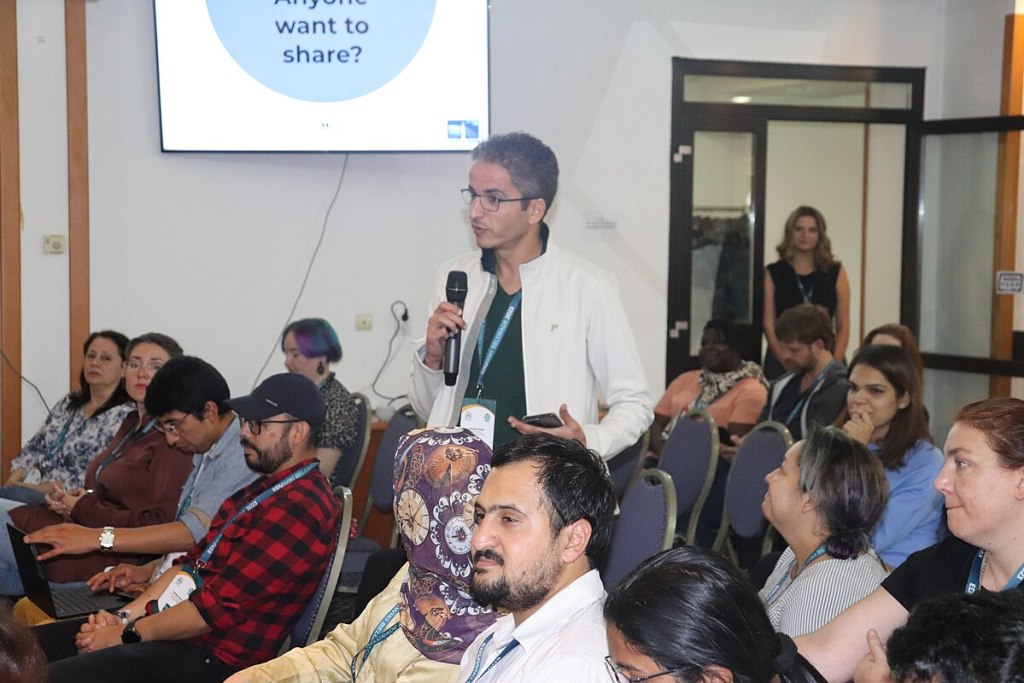
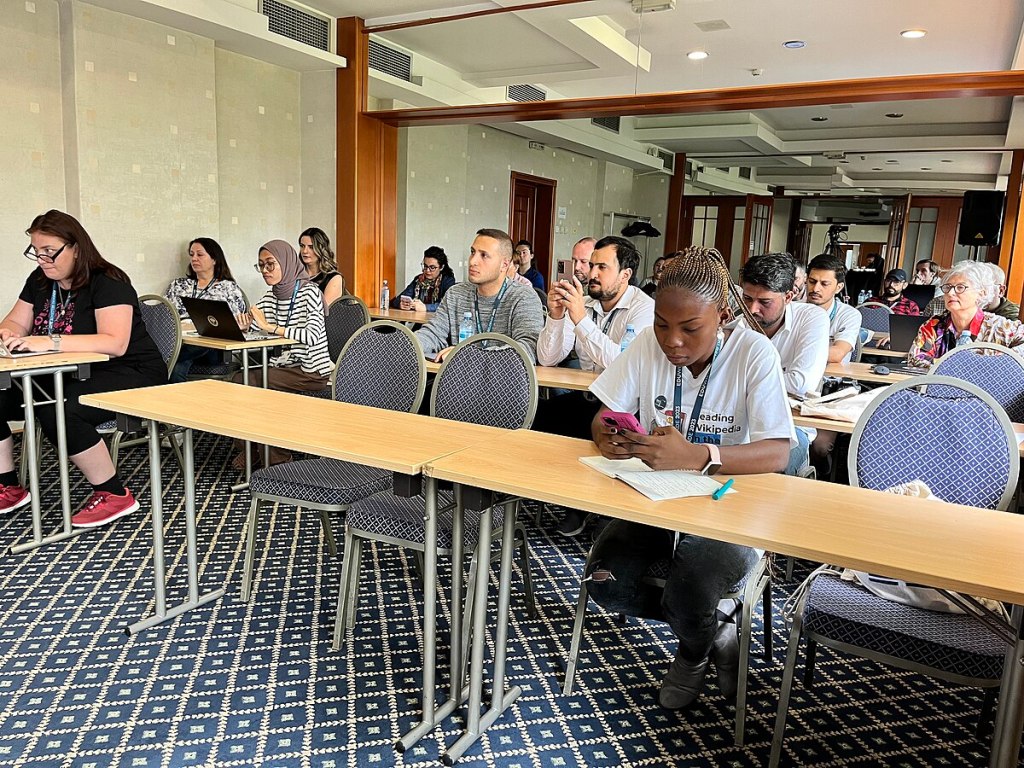
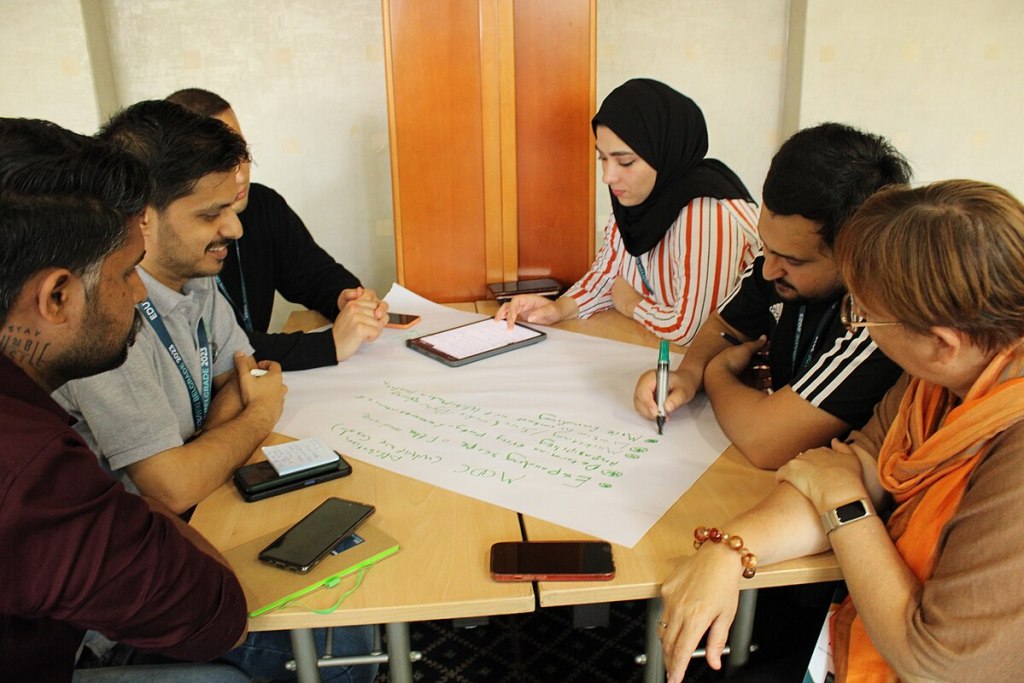
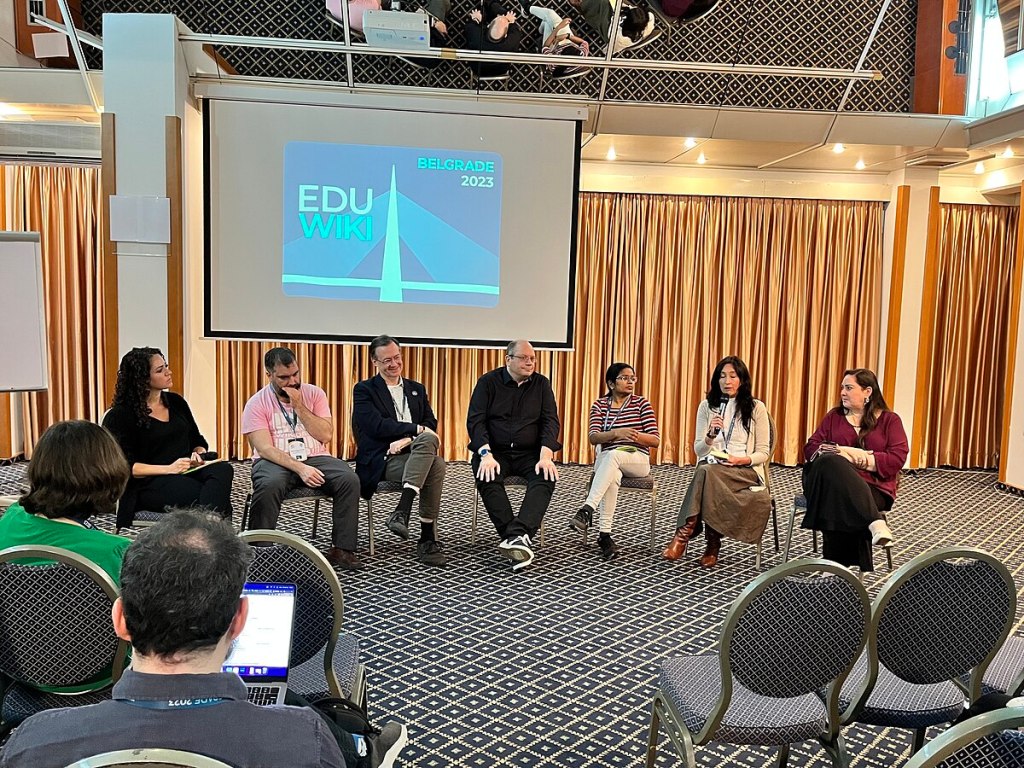
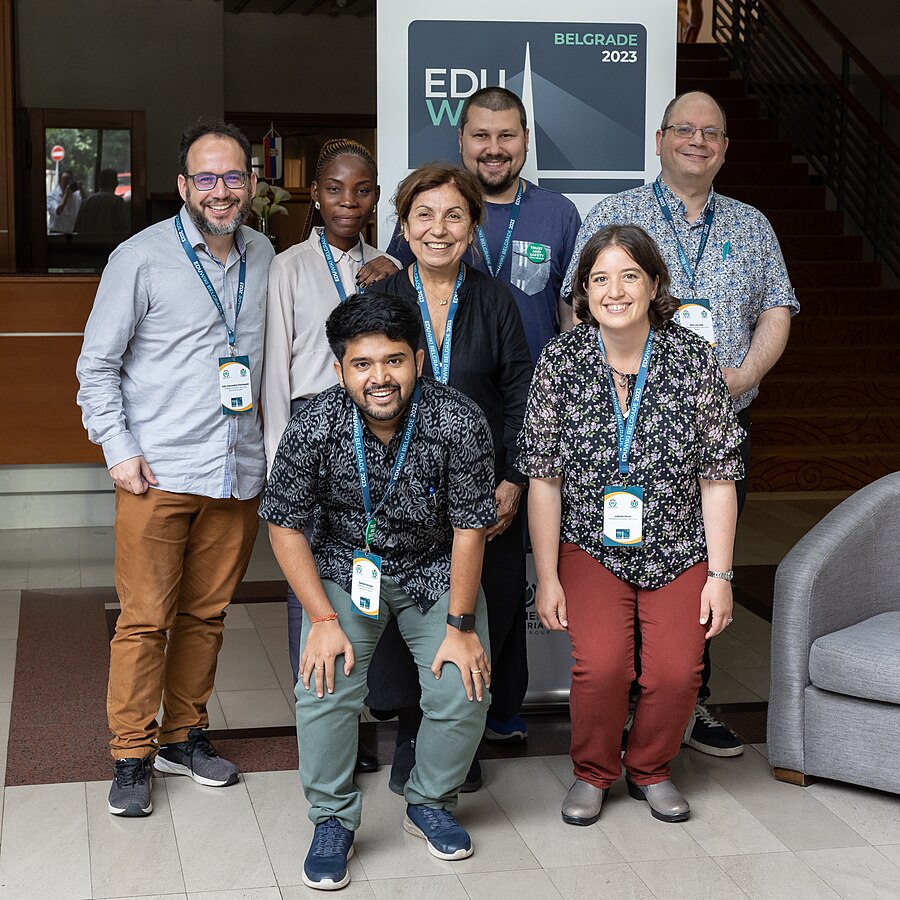
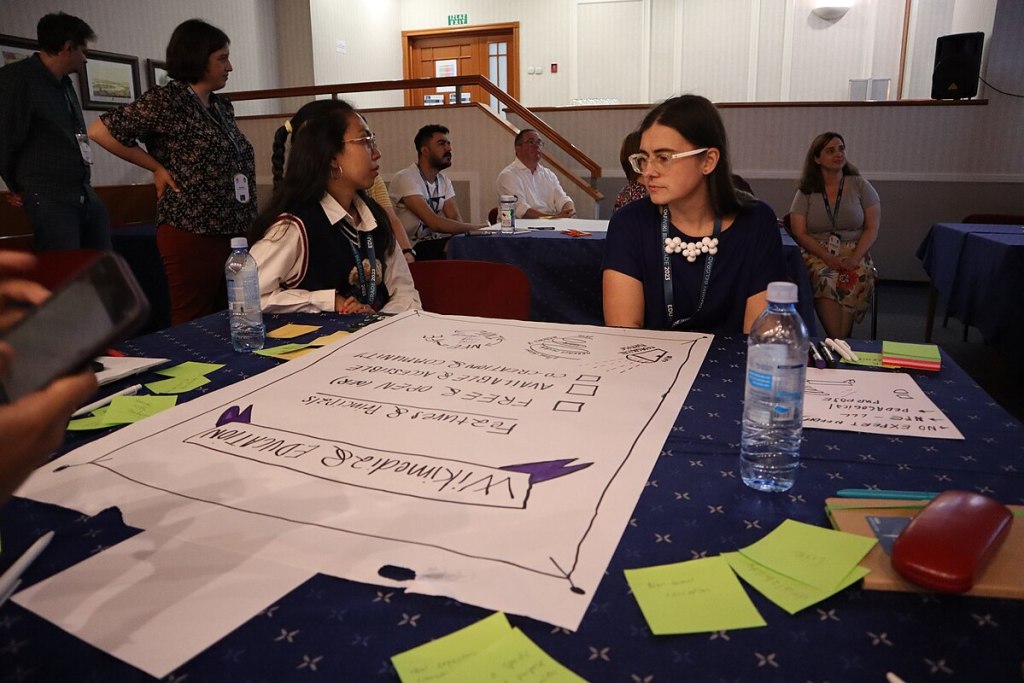
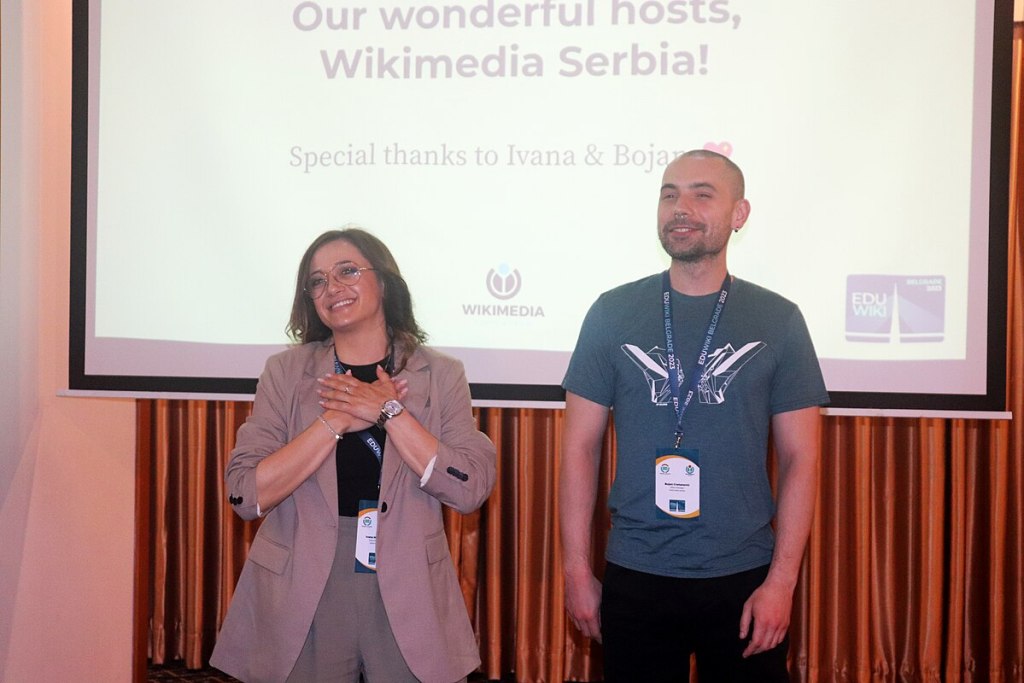
Author: Ivana Madžarević, Wikimedia Serbia
Translation: Nevena Rudinac, Wikimedia Serbia

Can you help us translate this article?
In order for this article to reach as many people as possible we would like your help. Can you translate this article to get the message out?
Start translation